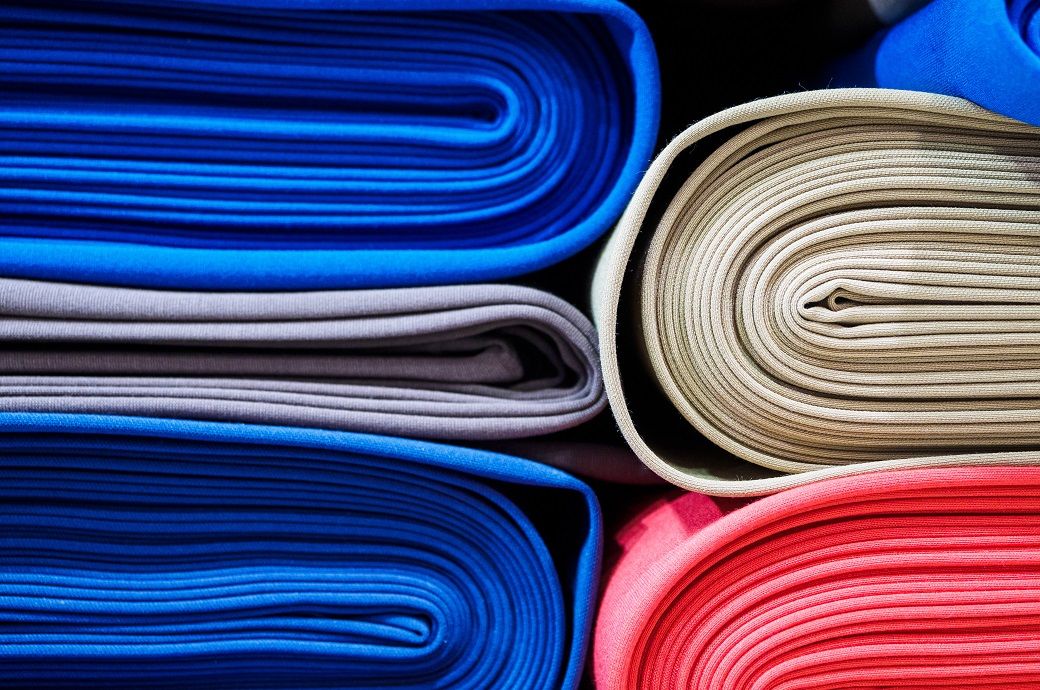
This decision, announced by the Directorate General of Foreign Trade (DGFT) via notification no. 33/24-25 dated October 1, 2024, imposes a MIP of $3.50 per kilogram on the specified fabric imports, effective from September 15 until December 31, 2024.
Out of the 13 codes affected, 8 new HSN codes—60019200, 60041000, 60049000, 60053600, 60053790, 60053900, 60062200 and 60064200—have been added, while 5 codes—60063100, 60063200, 60063300, 60063400 and 60069000—had already been under MIP since March 16, 2024.
This action aims to curb the influx of underpriced imported knitted fabrics that have been undermining the competitiveness of domestic producers.
Earlier this month, a joint delegation led by the president of the Northern India Textile Mills’ Association (NITMA), Sanjay Garg, met with key government officials to advocate for the extension of MIP. This meeting, attended by Rohit Kansal, additional secretary of the Ministry of Textiles, and Shubhra, trade advisor, focused on the detrimental impact of underpriced imports on the local industry, NITMA said in a press release.
Sanjay Garg stated that NITMA, in collaboration with esteemed trade bodies like the All India Knitters Association, Mumbai, Punjab Dyers' Association, Ludhiana, and stakeholders from Surat, has been diligently addressing the pressing issue of underpriced imported knitted fabrics.
While applauding the recent decision to impose MIP on 13 specific HS Codes of synthetic knitted fabrics, Garg cautioned the domestic industry that the fight is far from over, as unscrupulous entities will certainly attempt to switch their imports to other HS codes under Chapter 60. He further emphasised the importance of the domestic industry remaining vigilant and prepared for a prolonged struggle by closely monitoring imports of synthetic knitted fabrics not only under Chapter 60 but also beyond.
In conclusion, Garg stressed that this measure will effectively restrict the import of undervalued synthetic knitted fabrics covered under these 13 HS codes. This will provide much-needed relief to the domestic industry, which is already facing significant challenges.
Fibre2Fashion News Desk (KD)